News
News list
-

Landslides and Heavy Rainfall
Natural hazards such as avalanches and flooding are likely to become more frequent in Switzerland. UZH geographers are working to improve predictions of where they could occur and what the impact will be.
-

«Blatten könnte ein Modellfall werden – auch international»
Eine neue Gefahrenkarte bietet einen Blick in die Zukunft im Lötschental. Sie zeigt, wo künftig gebaut werden darf – und wo nicht. Christian Huggel sagt im Interview, dass der Ort ein wegweisendes Beispiel für das Leben in Alpentälern werden könnte.
-

How Climate Change Influenced the Blatten Landslide
In May, a landslide above Blatten in the canton of Valais buried most of the village under a mass of ice, mud and rock, an event that has prompted in-depth research. At a recent conference in Innsbruck, GIUZ researcher Christian Huggel presented his findings on the link between the landslide and climate change.
-
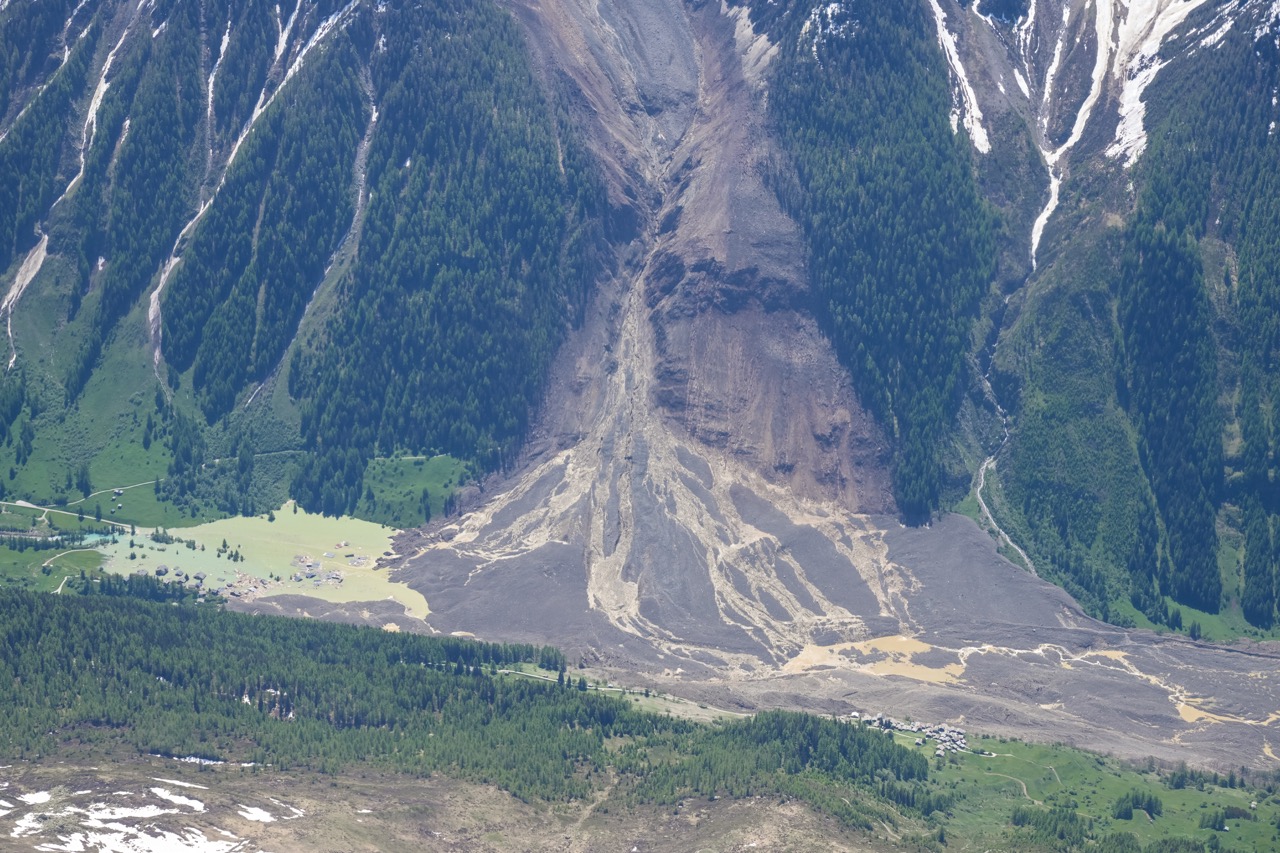
"We should definitely prepare for more of the kind in the future"
After the devastating landslide in Blatten, Christian Huggel takes a stand in the media. He is a leading expert on the risks, impacts and adaptation options to climate change, focusing on mountain regions and its people.
-
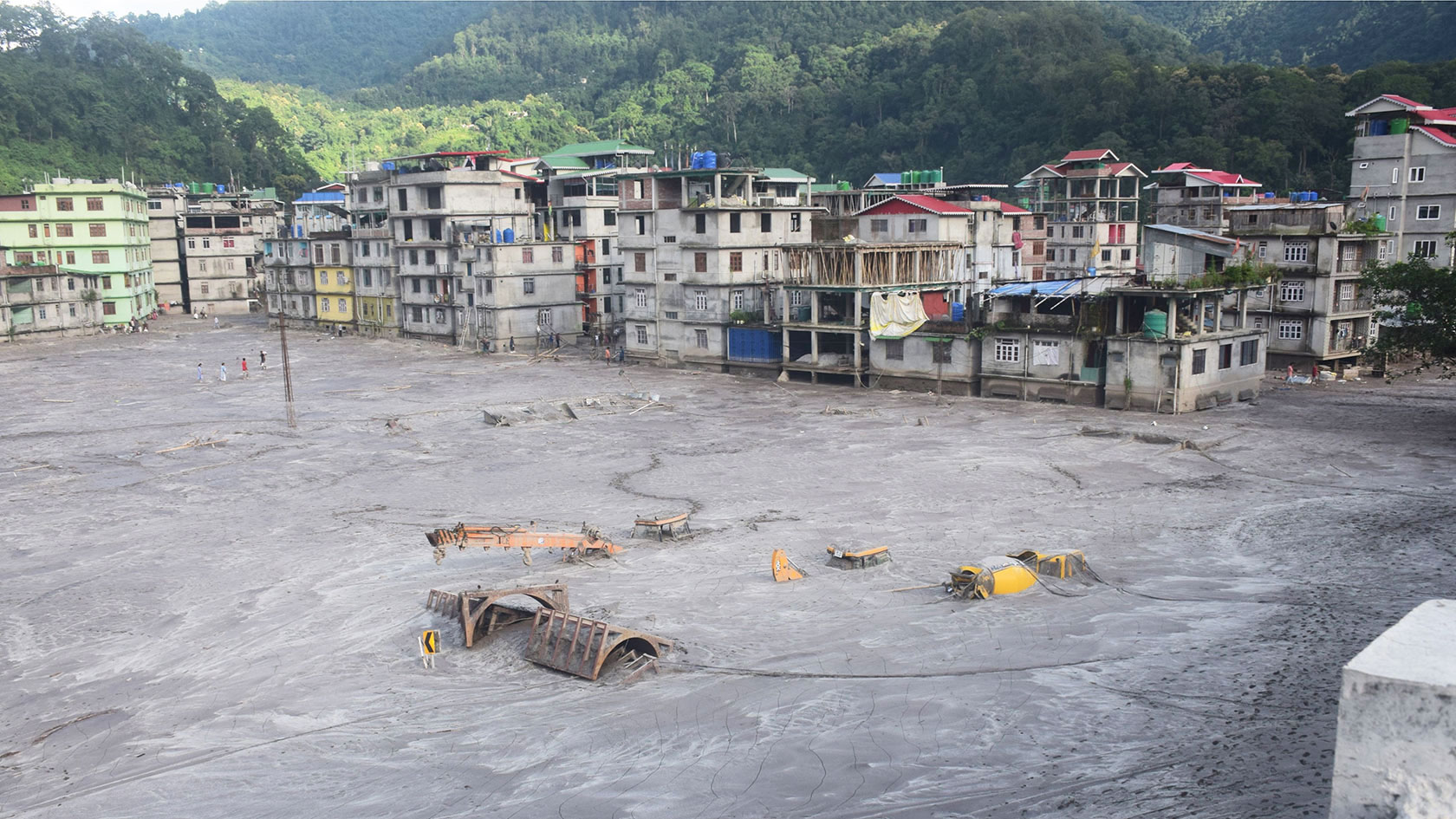
Climate Change Increases Risk of Successive Natural Hazards in the Himalayas
An international research team has concluded that the Sikkim flood disaster in the Himalayas in October 2023 was caused by some 14.7 million cubic meters of frozen moraine material collapsing into South Lhonak Lake, triggering a 20-meter flood wave. The event is a striking example of the increasing dangers of climate change in high mountain regions.
-

The cost of climate change
Stadler Rail, the Swiss-based rail vehicle manufacturer, has been severely affected by the recent floods in Valencia. The production chain was interrupted by destroyed suppliers – and it will take years to get them back to normal. This is an intriguing case that shows the challenge of calculating the cost of climate change, and how science, politics and the corporate world are probably still grossly underestimating them.
-

The next generation of natural hazards experts
Modelling in the lab is one thing, practical work in the field is another. In a block course, students learn how to properly produce hazard maps and conduct risk analyses – and come into direct contact with people from affected communities in Valais.
-
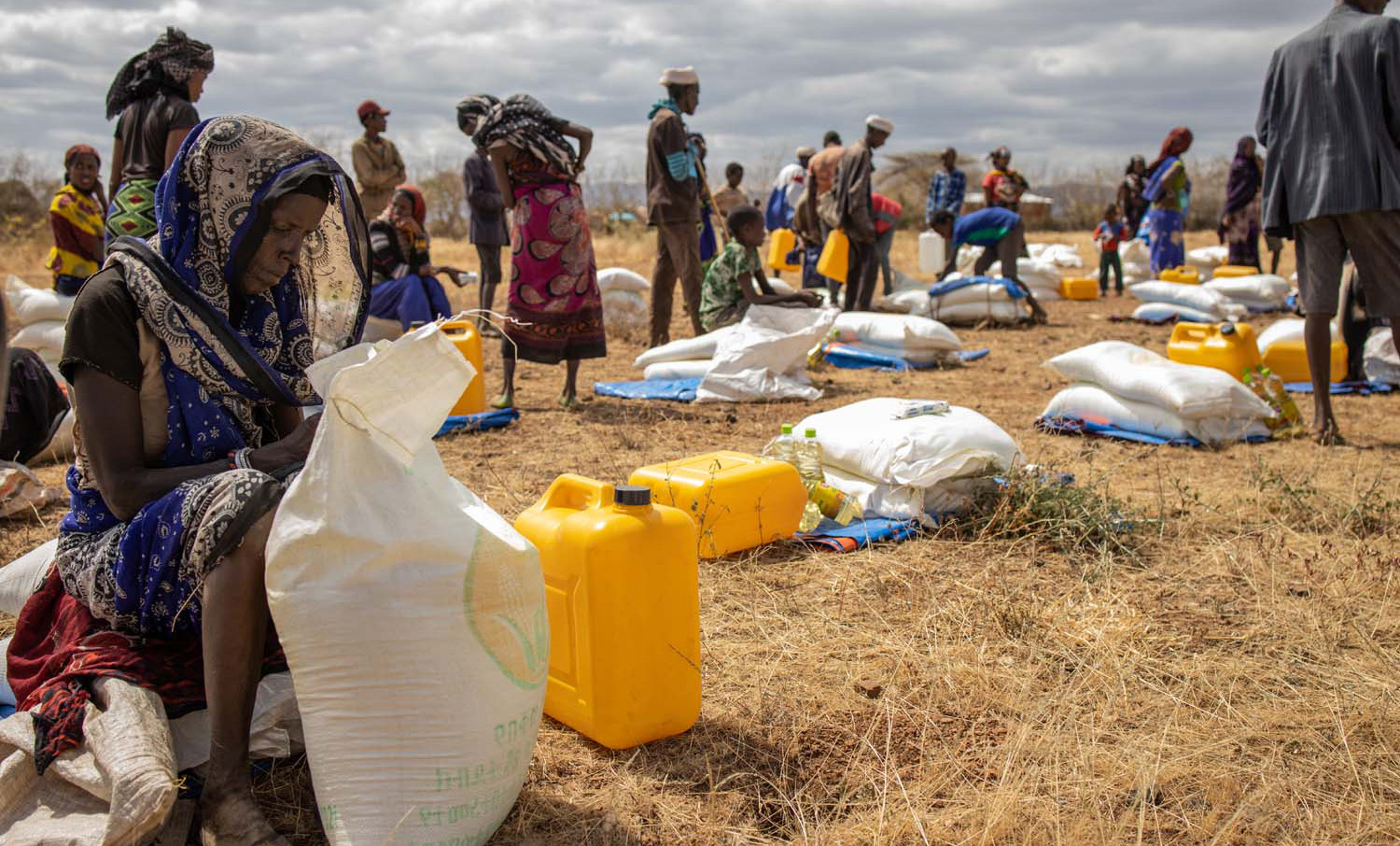
Climate change will force hundreds of millions of people to flee their homes
The fact that people are already having to flee because of climate change, and will have to do so much more often in the future, is still far too little understood by the general public, says Christian Huggel in the programme "Echo der Zeit". Many people are not yet fully aware of the scale of the problem: "By 2050, it is estimated that one billion people will be exposed to rising sea levels."
-
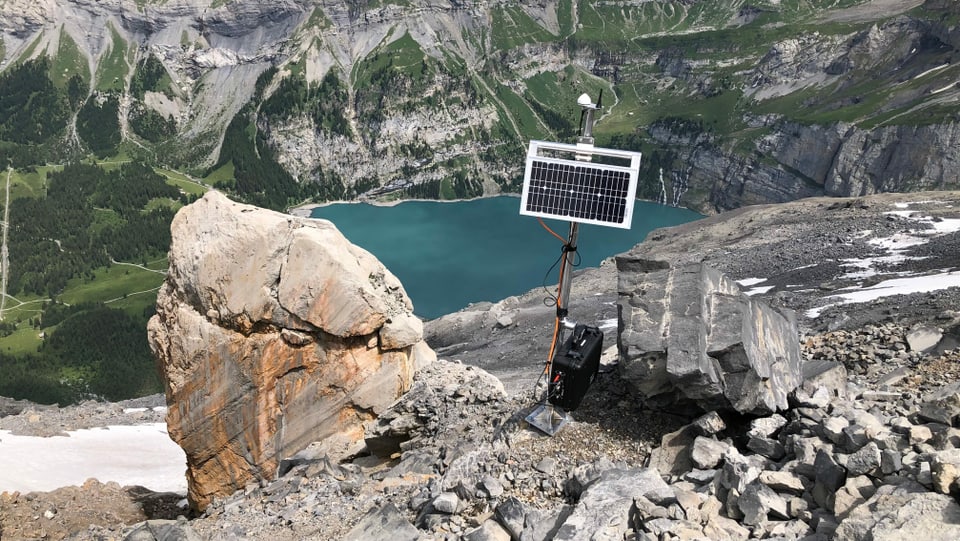
Is the battle against climate change lost?
Veruska Muccione researches strategies for adapting to climate change. And she warns against relying on them alone: "Their effectiveness decreases with increasing warming." But conservative politicians are calling for less climate protection and more and better adaptation to the heat.
-
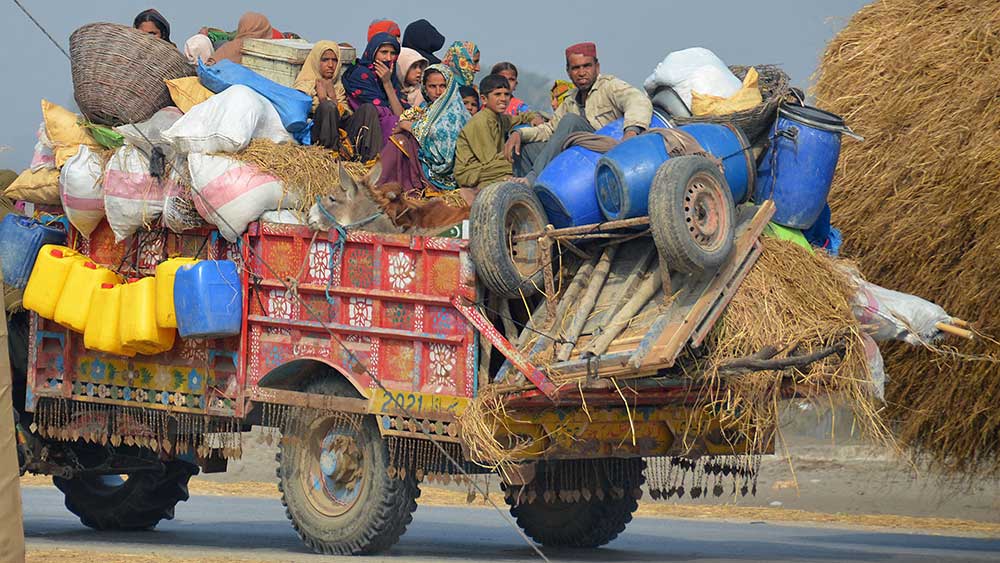
Fleeing climate disasters
Climate change is expected to become one of the main reasons for migration in the future. And the poorest will be hit hardest. Christian Huggel and Maria J. Santos analyze which regions are particularly under threat and how to best manage mass relocations.
-
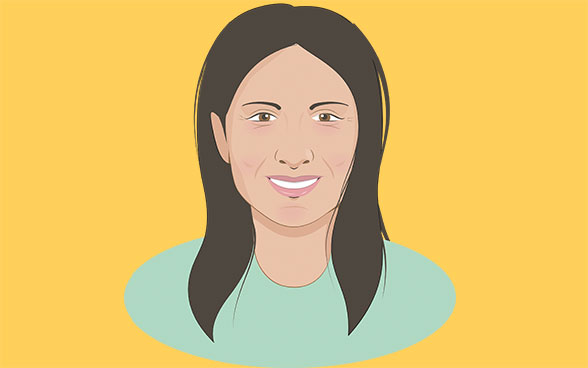
«Wir wiegen uns in falscher Sicherheit»
Veruska Muccione, Klimawissenschaftlerin an der UZH und Leitautorin des sechsten UNO-Klimaberichts, spricht über die Folgen des Klimawandels in der Schweiz, mangelndes Problembewusstsein und darüber, was sie trotz allem hoffnungsvoll macht.
-
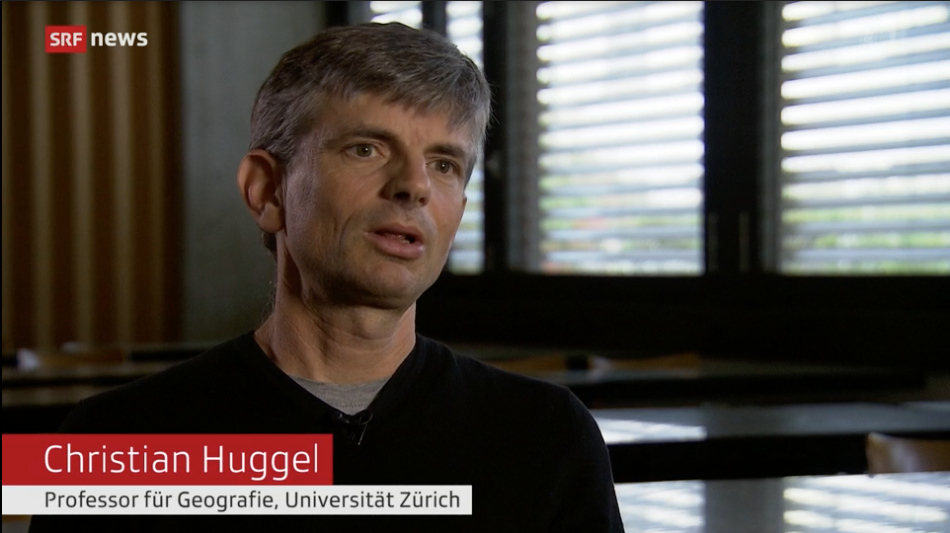
Klimakonferenz COP27: Wer bezahlt die Folgen von Klimaschäden?
«Loss and damage», also Verluste und Schäden stehen im Zentrum der 27. UNO-Klimakonferenz. Werden sich die Industrienationen grosszügig zeigen? Die Mutter aller Probleme der COP sei die Gerechtigkeit, sagt Christian Huggel im Gespräch mit SRF News.
-

Longer, Hotter and More Frequent Heat Waves in Swiss Cities
Hot days followed by sweltering nights without any temperature relief in between might become a new norm towards the end of the 21st century. Researchers from the Department of Geography have analyzed the frequency, intensity and length of such extreme events for five Swiss cities.
-
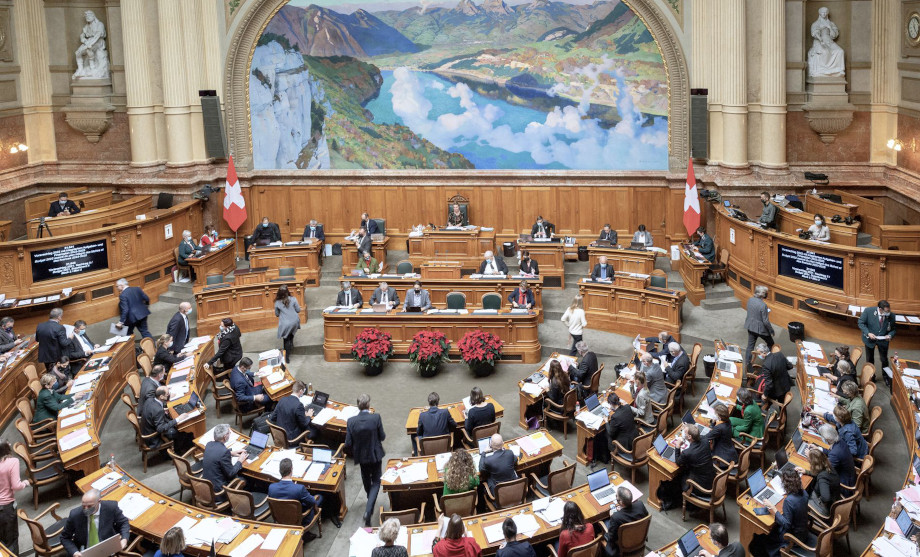
Climate and biodiversity: Parliament meets science
The Swiss Parliament discussed the challenges of the climate and biodiversity crisis with researchers on May 2. GIUZ researchers Veruska Muccione, Cornelia Krug and Christian Huggel were participating.
-
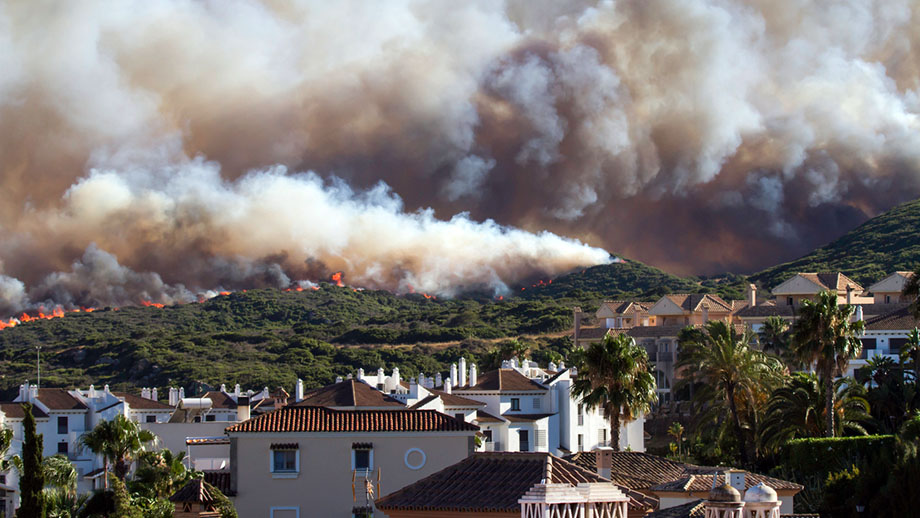
Extreme Heat and Drought Events Require More Systematic Risk Assessment
Simultaneous extreme heat and drought events have consequences in a variety of areas – for example the economy, health and food production. In addition, due to complex socio-economic connections, such extreme events can cause knock-on effects, researchers at the Departement of Geography have shown. More systematic risk assessments are needed to make affected regions more resilient.
-
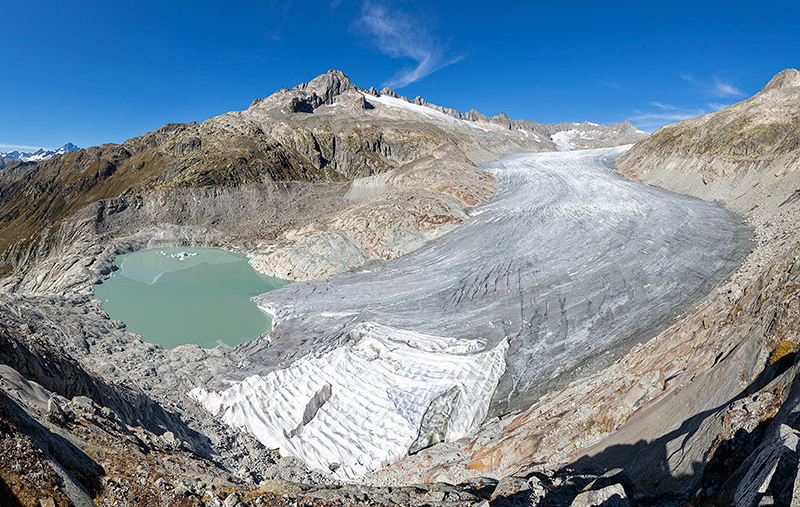
IPCC Report: Taking action now can secure our future
Today, the new report of the Intergovernmental Panel on Climate Change (IPCC) on impacts, adaptation and vulnerability was presented. Christian Huggel and Veruska Muccione from GIUZ contributed as lead authors.